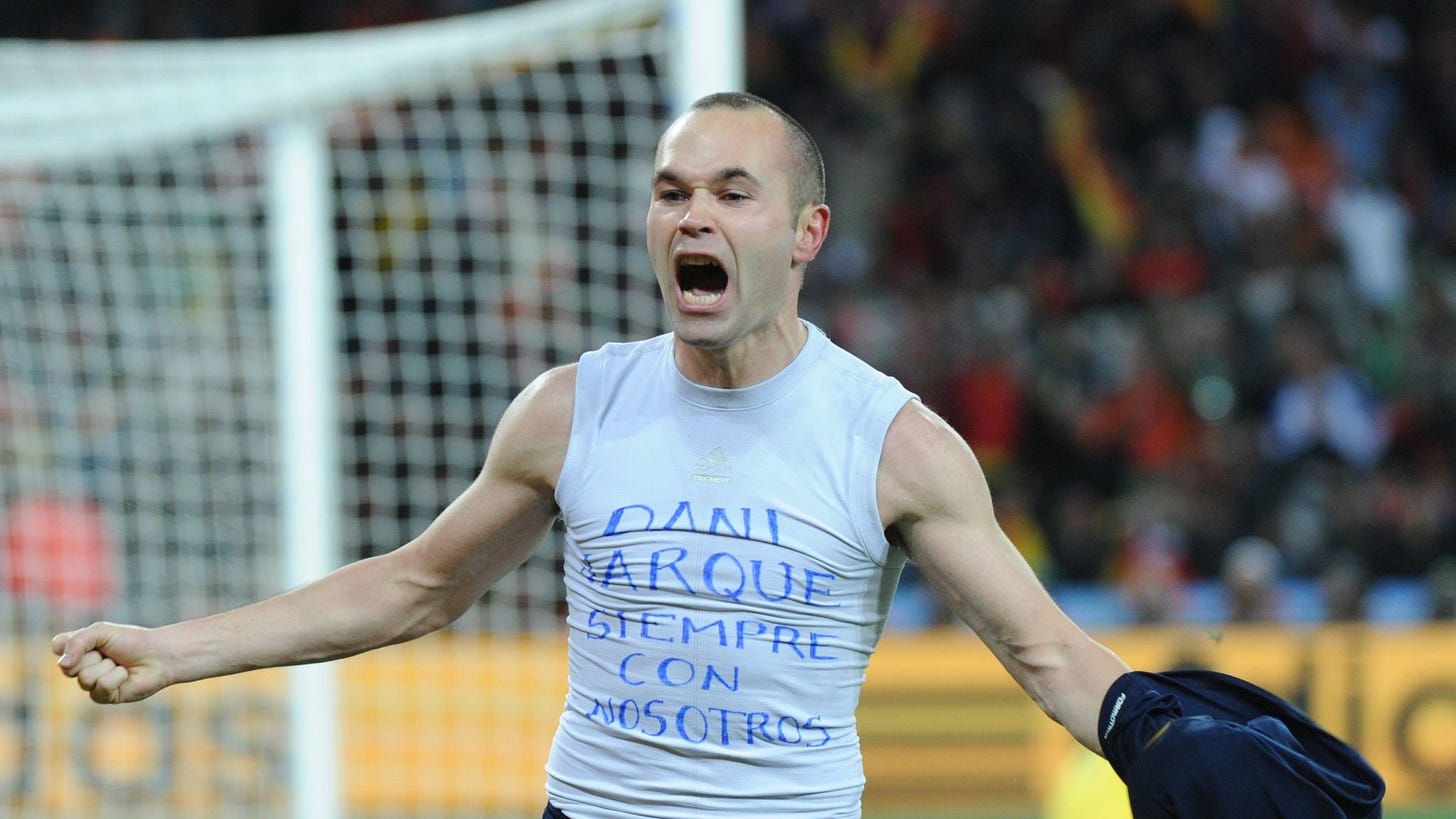Hi, finally another World Cup Flashback! I know I’ve kept everyone waiting on this one, but hopefully you’ll enjoy it.
Francis Fukuyama’s idea of “The End of History” has probably been misinterpreted by many, myself included. For the uninitiated, his claim was that, by the end of the Cold War, liberal democracy had “won” the battle of ideas forever. The Soviet Union’s failure showed everyone that there wasn’t a better idea coming than liberal democracy, and the grand march of history would see the rest of the world embrace this mode of governance as the drama and conflict of previous eras comes to a close. It’s a much less optimistic argument than many assume, with Fukuyama sincerely worrying that society will get “stuck” as no grand new ideas emerge. But the idea that stuck in the public consciousness was one of conflicts and strife slowly ending to form a new just society organised around liberal democracy.
That didn’t work out so well. But looking at the World Cup tournaments since the end of the Cold War, you can see the idea. The 1994 World Cup took place in capitalist America as all, including Russia, celebrated and accepted the terms of this new world. The 1998 World Cup saw the public of France embrace an ethnically diverse team that redefined what it meant to be French in the modern world. 2002 saw Japan and South Korea move past long-term political tensions to host a tournament together for the whole planet to enjoy. 2006 was about post-reunification Germany breaking past the negative perceptions around the world to show a forward-thinking and inclusive country.
2010 might have taken this further than any previous tournament. This was the first World Cup to be held in Africa, and the biggest sporting event to be held in South Africa since the end of Apartheid. I don’t want to be cynical about this because it genuinely felt transformative at the time. South African football journalist Melissa Reddy described the 2010 World Cup as “about hope and possibilities, inspiration and aspiration - the opportunity for millions to enjoy a once-in-a-lifetime experience, while colourfully crushing misconceptions about the country and the continent”. South Africa put on a terrific spectacle, totally upending the racist assumptions in the British press about how the tournament would fail. This was a world of new possibilities breaking free of the past divisions. This was the end of history.
On the pitch, it also felt like history was ending. After a century of tactical debates and arguing over which style of football would produce the best results, for a brief moment it looked like the sport had been solved.


